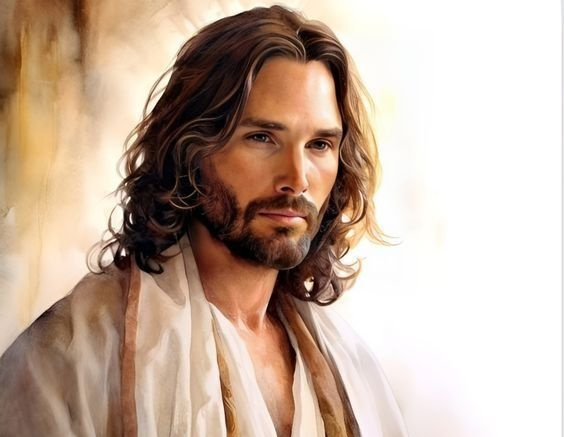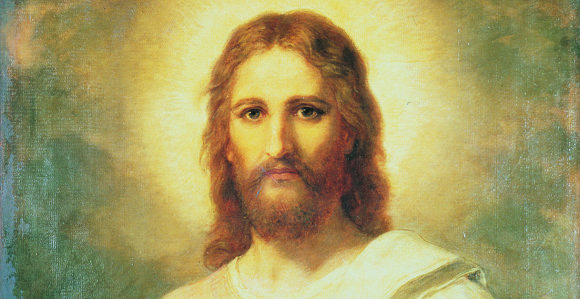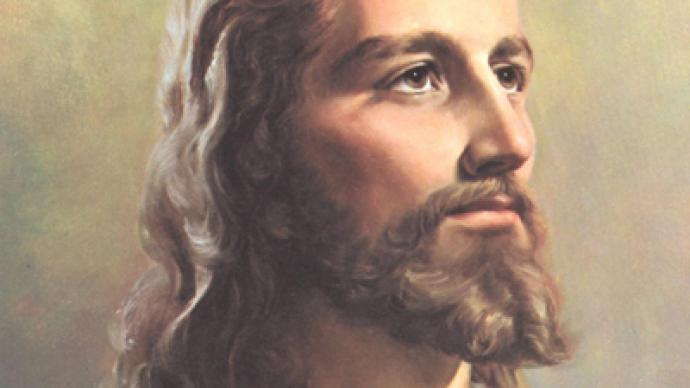Question
Gramps,
I have often wondered, if Jesus only received his body here upon the Earth in the meridian of time, how did he do all the creations without a body? Christ did not receive his body until he resurrected in the garden tomb. If that is the case, why did he need a body at all? If he has only an incorporeal body as he created the Earth and the known universe, I don’t understand why he needed one at all after the resurrection.
Pam
Answer
Dear Pam,
Christ was indeed a spirit prior to being born of Mary into mortality. And while yet a spirit, Christ did indeed create this world and worlds without number, under the Father’s direction. While a mortal, Christ taught and showed us the way back to God, and experienced the temptations, pains, and sicknesses we would experience, so that he would “know according to the flesh how to succor his people“. Then, after atoning for our sins, he died (something only someone with a physical body could do) and later was resurrected with a perfect, immortal, physical body (see also 3 Nephi 11:14-15).
As I understand it, you are asking, if Jesus could create worlds without number while yet a spirit (without a physical body), why did he need a physical body once the Atonement was complete? The first observation I will make is that we have no indication that the creation of worlds is the pinnacle of God’s work. Indeed, God describes his own work as bringing “to pass the immortality and eternal life of man”. The creation of worlds would be one of the things necessary for the greater work, but does not appear to be the greatest work. Therefore, we can deduce that a body is needed for at least some of this greater work.
But we can do more than deduce. While we may not know all the reasons, we know some and have hints at others.
First, because of Joseph Smith, we know that God the Father has a body of flesh and bones. This fact alone suggests to us that there are reasons this is desirable and that it is the natural path of our progression (from spirit child of God, to mortal, to resurrected being).
Next, in Abraham 3:26 we learn that part of God’s plan was that those who “keep their first estate” (those who did not rebel and get cast out with Satan) “shall be added upon” – meaning, they will receive a body and eventually be resurrected. That the Lord describes this as being “added upon” suggests that this is a good and important thing.
Joseph Smith also taught some important reasons we have a body:
We came to this earth that we might have a body and present it pure before God in the celestial kingdom. The great principle of happiness consists in having a body. The devil has no body, and herein is his punishment. He is pleased when he can obtain the tabernacle of man, and when cast out by the Savior he asked to go into the herd of swine, showing that he would prefer a swine’s body to having none. All beings who have bodies have power over those who have not. The devil has no power over us only as we permit him. Teachings of the Prophet Joseph Smith, Section Four 1839-42, page 181
While we can be confident that Christ’s spirit, through his character and godhood, was not subject to Satan as our spirits would be, this principle still demonstrates that a physical body has greater power than a spirit alone.
In the Doctrine and Covenants, we learn that “the dead had looked upon the long absence of their spirits from their bodies as a bondage.” (See D&C 138:50 and 45:17.) These verses don’t say why the dead felt this way, but that they did is a clear indication that there is something about the body that is important.
Doctrine & Covenants 93:33-34 (and also D&C 138:17) gives us another understanding of why:
33 For man is spirit. The elements are eternal, and spirit and element, inseparably connected, receive a fulness of joy;
34 And when separated, man cannot receive a fulness of joy.
It seems that we must have a body to fully experience joy. Again, we don’t know why that is, but one indication can be found in D&C 132. In multiple places, it talks about “continuation of the seeds” and “continuation of the lives”. We understand this to mean having spirit children and eternal families. While we may not know why a physical, celestial body is required to produce spirit offspring, we do know this. And we know that this is central to eternal life and joy. (See also D&C 88:17-31 and D&C 76.)
In April 2013 General Conference, Elder Bednar taught:
Our physical bodies make possible a breadth, a depth, and an intensity of experience that simply could not be obtained in our premortal existence. Thus, our relationships with other people, our capacity to recognize and act in accordance with truth, and our ability to obey the principles and ordinances of the gospel of Jesus Christ are amplified through our physical bodies. In the school of mortality, we experience tenderness, love, kindness, happiness, sorrow, disappointment, pain, and even the challenges of physical limitations in ways that prepare us for eternity. Simply stated, there are lessons we must learn and experiences we must have, as the scriptures describe, “according to the flesh”.
This feature of our physical bodies helps to explain why we need a resurrected body to experience a fullness of joy.
Finally, let’s compare two versions of the same command, the first given by Christ before his resurrection:
Matthew 5:48 Be ye therefore perfect, even as your Father which is in heaven is perfect.
…and the other given by Christ after his resurrection (emphasis mine):
3 Nephi 12:48 Therefore I would that ye should be perfect even as I, or your Father who is in heaven is perfect.
This clearly shows that Christ considered himself perfect only after his resurrection.
While I am confident we have much to learn in this regard, these citations demonstrate that though Christ was God before his resurrection, yet having a body and being resurrected were desirable, even critical steps in his own advancement. I hope this gives you a better understanding of why Christ needed to gain a physical body and that it helps you to look forward to the resurrection when we might receive a fullness of joy.
Gramps







